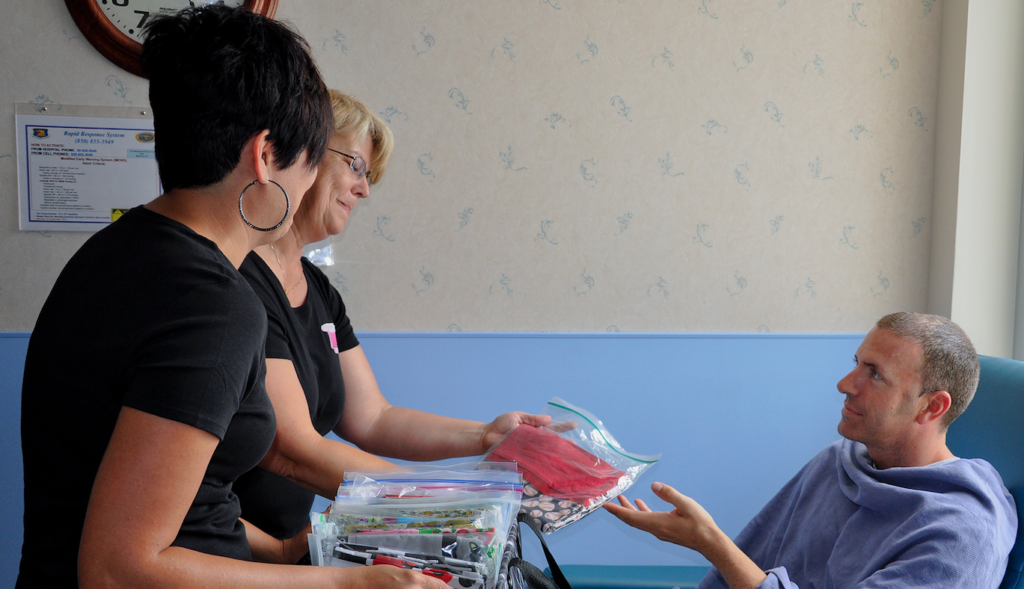
Acts of Kindness and Compassion
People who are kind and compassionate are more satisfied with their lives, have stronger relationships and have better physical and mental health. Being kind and compassionate can help other people, and make you feel good too.
Kindness and compassion during recovery
Almost everybody feels good when someone is kind to them. This is especially true for those who are vulnerable, like people who are recovering from a mental illness like depression, who have an addiction or who are learning to live with dementia.
Acts of kindness and compassion can increase wellbeing and help their recovery. It can also help them overcome isolation and loneliness, improve their self-esteem and build healthy relationships.
There are many ways to be kind and compassionate to someone who needs help. These can include:
- helping them solve problems
- being sensitive and sympathetic
- helping to reduce stress
- creating a positive outlook and instilling hope
- recognizing and validating positive changes
- helping with practical things, like medicines and appointments.
Benefits of kindness and compassion
Small acts of kindness can have enormous power for both the recipient and the person being kind, whether that’s a someone in your family or stranger. Many studies have found that giving, kindness, and compassion are associated with:
- good mental health
- improved happiness
- improved relationships
- a stronger immune system
- reduced anxiety, stress, and depression
- a longer life.
Research also shows that the happiness people get from giving to others creates a ‘positive feedback loop’. The more you give, the more positive you feel. This, in turn, fuels greater happiness.

People who witness or benefit from someone’s kindness and compassion are also more likely to be kind themselves. You can be generous, kind and compassionate to a stranger or to someone you know.
Positive psychology is dedicated to researching what makes individuals and communities flourish. Popular positive psychology techniques include random acts of kindness, like:
- smiling at strangers – smiling is contagious and it makes you feel good if people smile back
- letting people know you love what they do – this could be someone you know or people you admire, like a musician or writer
- paying it forward – treat someone to something, like buying a cup of coffee for the person behind you in the café queue
- volunteering – being a volunteer helps others and is good for you too
- sending notes of gratitude – hand-write a thank you note to someone who has helped you out
- becoming a sticky note ninja – stick post-it notes with nice messages written on them around your house or somewhere in public
- donating to a charity store – help people out by giving away what you no longer need or want.
People are much happier and live a better life if they are able to maximize their genetic potential for being compassionate, and it has a significant contagion effect on others, motivating them to be more kind.
Knowing that we’re doing something to help others seems to be something that is more fulfilling because we can see that other people matter. It gives us a different kind of purpose to our lives.

I’m impressed, I must say. Rarely do I encounter a blog that’s both educative and engaging, and without a doubt, you’ve hit the nail on the head. The problem is something that not enough people are speaking intelligently about. I am very happy I stumbled across this in my hunt for something relating to this.
It’s remarkable to visit this web site and reading the views of all mates concerning this piece of writing, while I am also eager of getting knowledge.